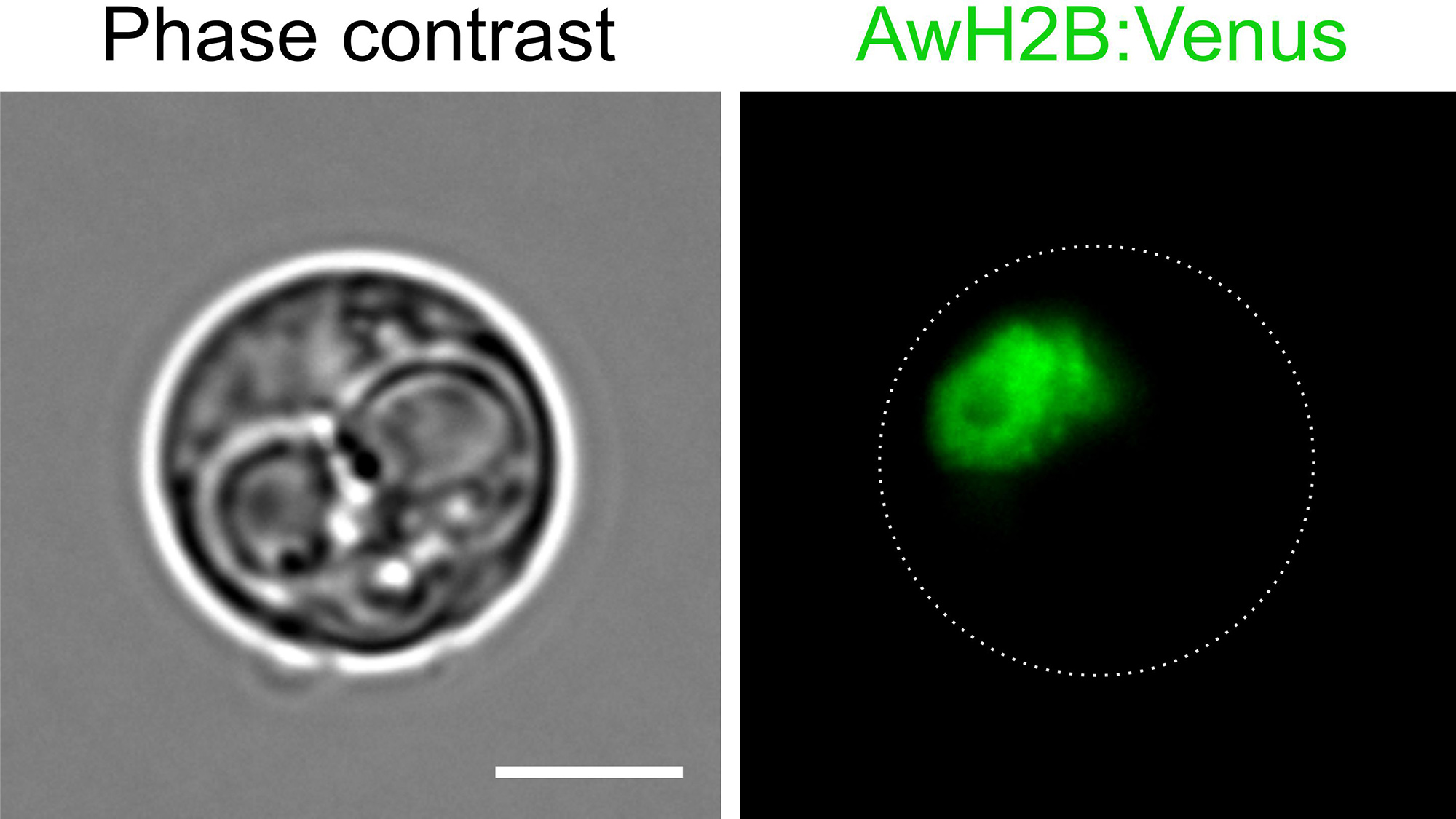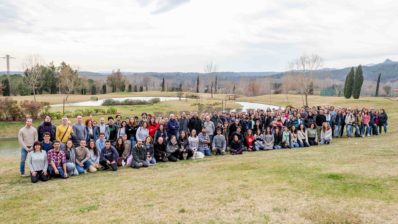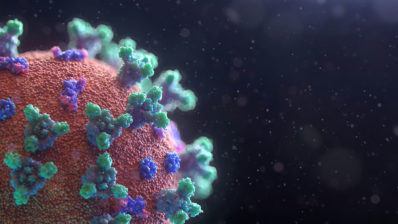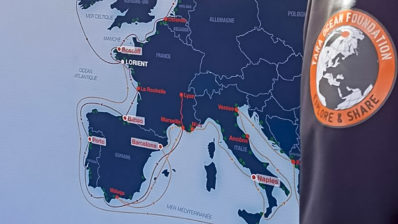Researchers at the Institute for Evolutionary Biology (IBE: CSIC-UPF) have participated in an international study — together with 53 institutions from 14 different countries — in which they have developed, for the first time, genetic tools for more than 14 species of protists, the unicellular closest relatives of animals.
Several research teams have succeeded in introducing DNA into marine protists and are now working to employ genetic techniques, such as CRISPR/Cas9, to manipulate protist genomes.
The study will help turn several protists across the eukaryotic tree into model organisms to study the origin and evolution of complex life forms.
Research has been fostered by the Gordon and Betty Moore Foundation. Four years ago the foundation launched a 15 million investment to support development of genetic tools for marine microeukaryotes (protists). Thanks to the investment, many scientific advances have been made in this area, which had been stagnant for a long time.
The result of this collective effort, in which international collaboration has been key, has been over 200 laboratory protocols shared in a dedicated community group called Protist Research to Optimize Tools in Genetics (PROT-G) on the protocol-hosting website protocols.io, created to help other scientists benefit from this effort.
“Generating genetic tools from scratch in protists species is very challenging and requires a lot of trial and error testing until a working protocol is reached. This article summarizes many working protocols but also many of the non-working ones, as we wanted this piece of work to be more of a complete guide on how to transform an unknown organism into a model organism, which we all believe will be very useful to the community”, concludes the IBE principal researcher and co-first author of this study, Elena Casacuberta.
Faktorová, D., Nisbet, R.E.R., Fernández Robledo, J.A. et al. Genetic tool development in marine protists: emerging model organisms for experimental cell biology. Nature Methods; April 2020. DOI: 10.1038/s41592-020-0796-x






